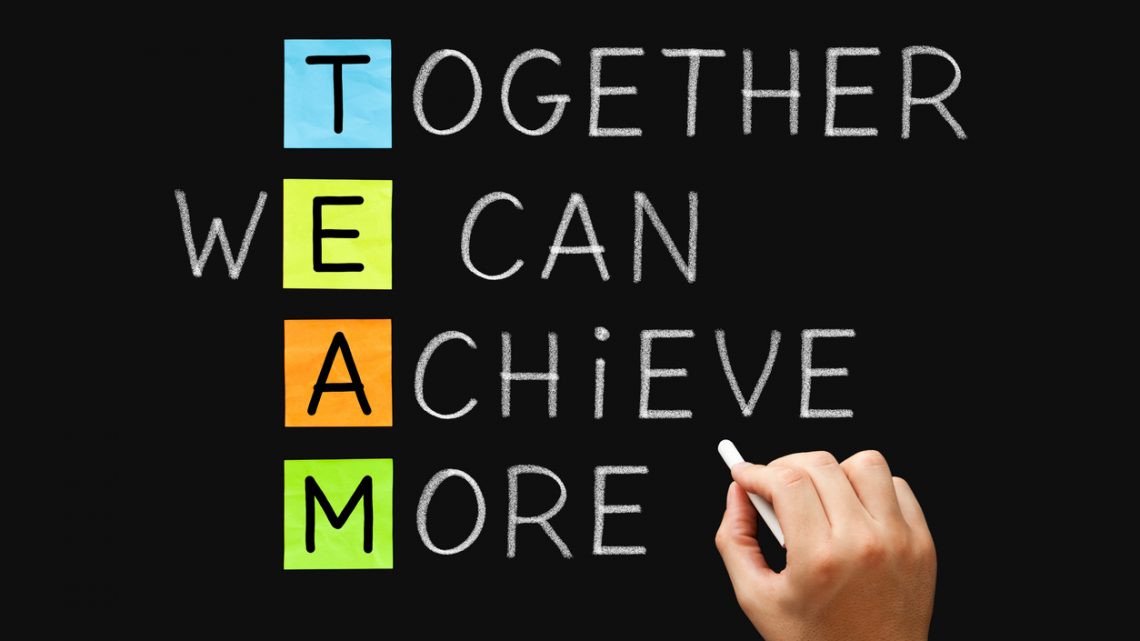I occasionally have conversations with people who have views that differ from mine. These conversations–sometimes debates–might occur on social media. They might occur at a social function, or maybe even in my living room. Wherever I am, I’m always aiming to understand others.
Why do you feel that way? What formed this opinion? What makes you one way and me another?
To be honest, no matter how many conversations we have, no matter how much we try and put ourselves in someone else’s shoes, no matter if we grew up in the same neighborhood or even the same family, we will never know all the tiny bits of life that make that person exactly how they are.
I know a person who identifies racism in his heart. He says it can be blamed on one instance with one person over twenty years ago. This person will never purposely make friends with anyone of a different race. I also know many people of older generations who identify racism in their heart due to how they were brought up and during which era they were brought up. They have friends of all races, though the unhappy core of it lives under their skin.
One of my best friends might not have given me a second chance because as she looked at me she thought I was preppy (this was a big deal to a teenager who very much didn’t want to associate with “preps”). It wasn’t until someone told her “there’s no way she can be preppy–she lives in a barn!” that she gave me a chance. She and I have been the best of friends for over seventeen years now–all because she stuck around to learn my story.
Like my friend, we often make snap judgments about people. We judge others by what they wear, where they’re from, the color of their skin, what level of education they have, and the list goes on and on. It’s what we do with these judgments that really show our character.
Though we often equate prejudice with racism, they are not the same thing. Prejudice often drives racism, and racism prejudice, but many of us make judgments without all the facts. Making a judgment in our mind isn’t inherently bad, but acting on those unfounded judgments is what is known as discrimination.
We all make judgments, but we don’t need to and shouldn’t discriminate against others. Instead, we can seek to discern the cause behind someone’s actions. This is called attribution, and it can help us understand others instead of judging.
In the Christian world, we want to fix people’s behaviors, but we don’t necessarily care why they act the way they do.
It may not be the truth, but it feels like the truth. When you’re grabbing fast food on the way to church or picking up extra shifts on Sabbath, or for paying bills instead of tithes, no one wants to know why. They only want to know you’ll fix it. You’ll stop. When you find yourself in an unhealthy relationship or on the wrong side of the parenting biz, no one cares how you got there or what caused it. They only want to know you’ll fix it–or at least that you know you’re in the wrong.
The mom sitting in front of you at church whose kids are gnawing on chicken McNuggets has a story.
The man or woman who seems prejudice or racist, the woman who is afraid of men, the child who throws tantrums–they all have a story. There is a collection of heartache that adds to the sum of who they are.
As Christians, we do not ever want to add to the heartache that sin brings on this world and everyone who lives here. If you need help to judge less and love more, pray for God to put His love in your heart. Pray for your own heart and for the very people you are judging. Befriend them. Find out their story. Be a part of it.










